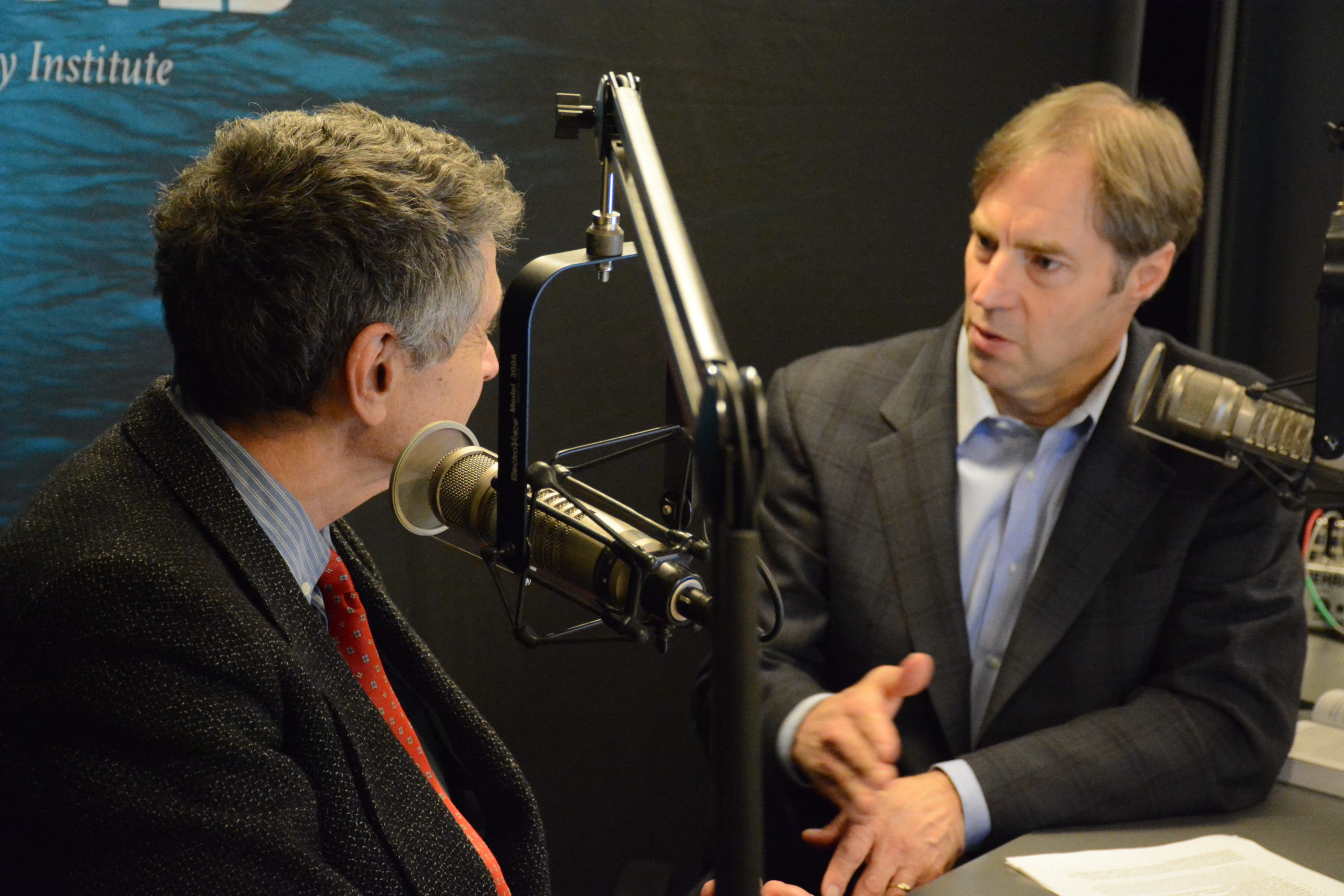Michael Medved Interviews Stephen Meyer on Return of the God Hypothesis
In a series of segments on the Michael Medved show, Stephen Meyer discusses his latest book, Return of the God Hypothesis.
Segment 1: Medved prompts Meyer to explain why the God hypothesis has necessarily returned as science has advanced in the last century. Meyer explains how three major findings in recent scientific study point to a powerful, designing intellect behind the universe. (Air date: 2/12/21)
Segment 2: When did we get the idea that science is at war with belief in God? When Medved poses this question, Meyer describes how this so-called “warfare model” arose fairly late in the history of science. He also explains that it diverges sharply from the thinking of the founders of modern science, many of whom embraced religious faith and found inspiration for their scientific study in theological ideas. (Air date: 2/26/21)
Segment 3: Here, Medved asks about the vexing question of the origin of life. Meyer explains the failure of chemical evolutionary theory to account for the origin of the first living cells. He also shows why intelligent design provides a better explanation of the information necessary to produce the first life. (Air date: 3/8/21)
Segment 4: Medved asks Meyer about an exotic theory known as panspermia, which proposes that life was seeded on Earth by an alien intelligence within the cosmos. Meyer explains why this theory fails to account for the ultimate origin of biological information as well as the fine tuning of the universe. Meyer also shares the stories of prominent scientific materialists who have rejected their own materialistic views and embraced the theory of intelligent design and/or belief in God. (Air date: 3/15/21)
Segment 5: Medved asks Meyer about the beginning of the universe, and Meyer relates the story of how modern scientists like Edwin Hubble and Albert Einstein discovered that the universe had a beginning. (Air date: 3/24/21)
Segment 6: When Medved asks about our search for ultimate meaning, Meyer describes how the naturalistic worldview deprives many people of a sense of ultimate significance. Then Meyer tells the story of an intelligent young professional who rediscovered the harmony between her scientific knowledge and her belief in God. (Air date: 3/30/21)
